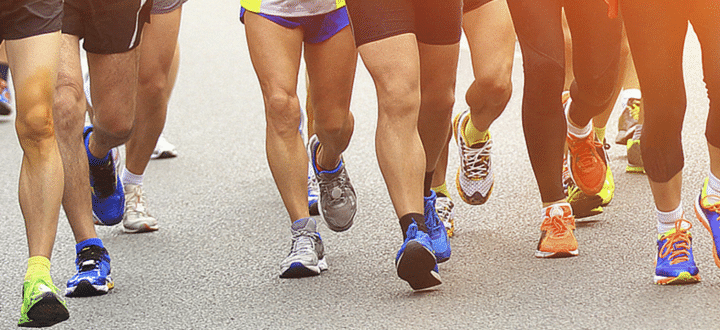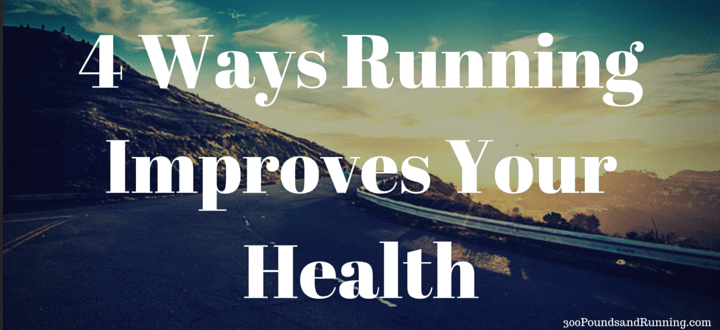Hey there goal crushers! Today we’re going to get right down to it and talk about reasons to actually get up off your couch and start running. Here’s five of the biggest and best reasons to strap on those running shoes and hit the treadmill.
1. There’s No Real Barrier to Entry
It’s true that you’re going to need a good pair of running shoes if you want to get the best out of running, but besides that you don’t need much. There’s no real barrier to entry, and everyone pretty much knows how to run already. This doesn’t mean you shouldn’t talk to a personal trainer if you can, just to get some education on how to run effectively, but you don’t need a costly gym membership to jog a couple of times around the block every day.
2. Overall, It’s Great for Your Body
You might get warned off from running as a hobby because of the potential for injury to your knee joints. Well, the good news is that conditions like Runner’s Knee are preventable and manageable, and engaging in aerobic exercise like running will benefit your body more than it might injure it. Running is a great way to lose weight, and obesity has been tied to joint damage much more than running, so do the math!
3. It’s Got Mental and Emotional Benefits, Too
Everyone knows running is a great way to keep physically fit, but the emotional and mental benefits of running are high as well. Exercise is an excellent stress reducer, and scientific experiments have gathered evidence to support that claim. Exercise like running has shown to reduce physiological stress and elevate mood more than simple rest, so hit the bricks and jog your worries away!
4. It May Be a Natural Cancer Fighter
The majority of experts agree that engaging in regular exercise can help minimize the risk for a number of different cancer types, including lung cancer, colon cancer, and breast cancer. While there are environmental and genetic components to being susceptible for cancer, many studies have shown that runners could reduce their chances of contracting colon and breast cancer by 24 percent and 30 percent respectively.
5. You’ll End Up Living a Longer, Happier Life
A long-term Stanford University School of Medicine study followed around a thousand individuals, about half runners and half non-runners, for around 20 years. Those who ran regularly, and continued to do so as they aged, were in much better shape at the end of the study – and 85 percent of the runners were still alive and kicking. Only one out of every three of the non-runners stuck around.
Honestly, this all speaks for itself doesn’t it? Not only will you feel better inside and out, you’re likely to live longer and have a better quality of life to boot. Still, these aren’t the only reasons to start running; if you’ve got your own reasons – and we all do – share them in the comments below!
That’s it for now. Keep crushing those goals, and we’ll be back next week with another exciting topic!








